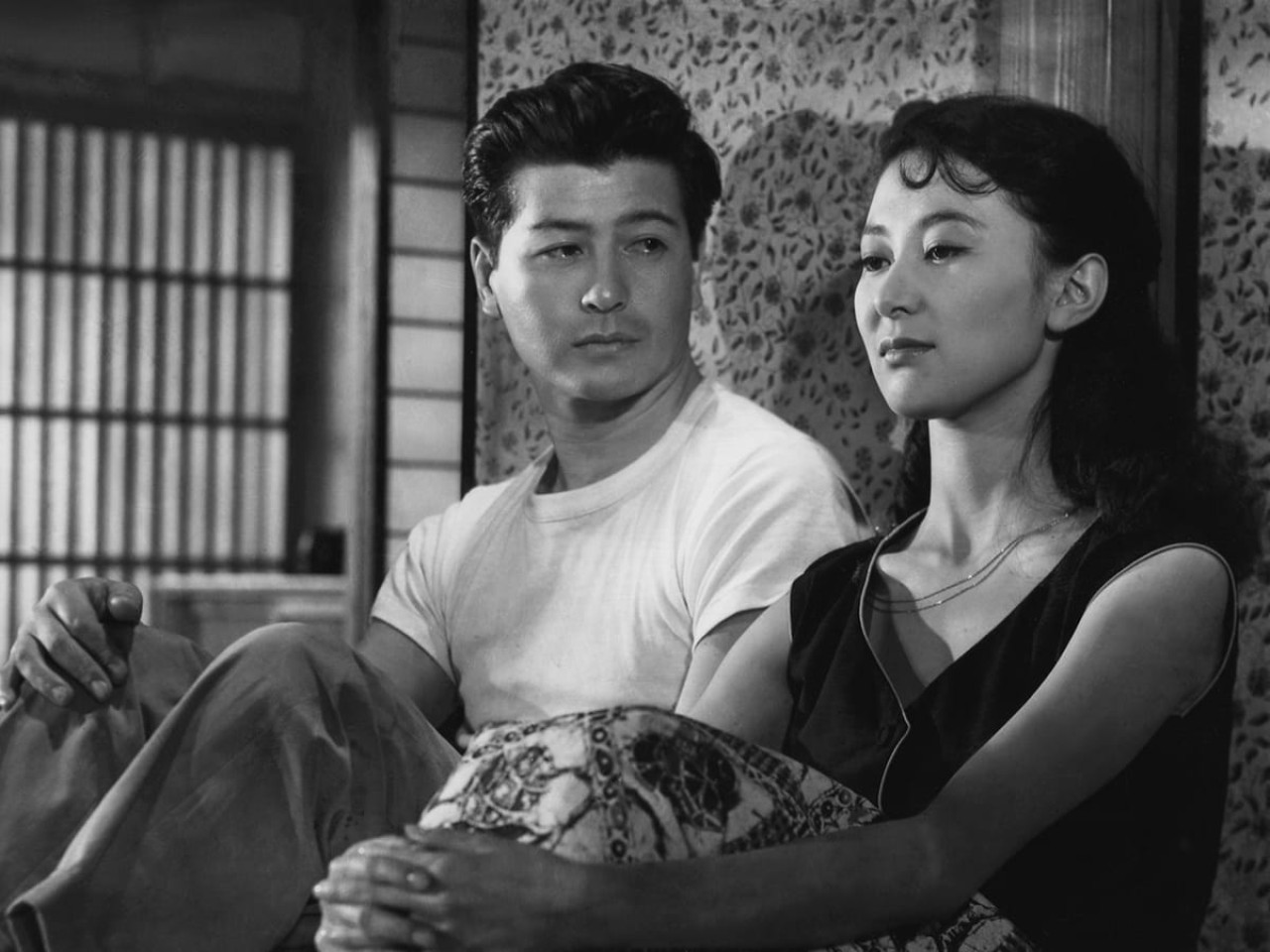Equinox Flower

Later in his career, Ozu started becoming increasingly sympathetic with the younger generation, a shift that was cemented in Equinox Flower, his gorgeously detailed first color film, about an old-fashioned father and his newfangled daughter.
Available In

Cast
- Shin Saburi
- Wataru Hirayama
- Ineko Arima
- Setsuko Hirayama
- Kinuyo Tanaka
- Kiyoko
- Teiji Takahashi
- Shotaro Kondo
- Keiji Sata
- Masahiko Taniguchi
- Miyuki Kuwano
- Hisako Hirayama
- Chishu Ryu
- Shukichi Mikami
- Chieko Naniwa
- Hatsu Sasaki
- Nobuo Nakamura
- Toshihiko Kawai
Credits
- Director
- Yasujiro Ozu
- Screenplay
- Kogo Noda
- Screenplay
- Yasujiro Ozu
- Based on the novel by
- Ton Satomi
- Cinematography
- Yuharu Atsuta
- Music
- Kojun Saito
- Art direction
- Tatsuo Hamada
- Editing
- Yoshiyasu Hamamura









_small.jpg)







